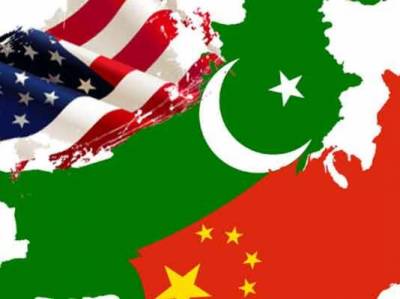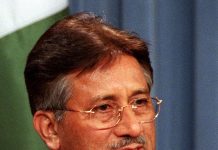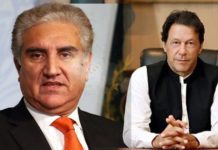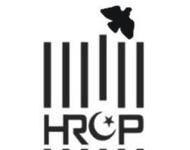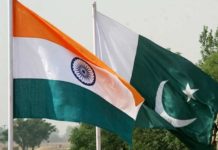By Muhammad Luqman
Pakistan’s minister for Planning and Development Asad Umar has said that Pakistan’s ties with China, especially within the purview of the China Pakistan Economic Corridor (CPEC) are based on rationalities, saying that relations between the two countries “will never be frayed”.
His remarks were specifically in response to a recent statement by United States diplomat Alice Wells, who is in charge of South Asia affairs at the US State Department. The diplomat had “warned” that CPEC will further add to Pakistan’s debt burden.
“She said that CPEC is not an aid but an investment and this is correct. There is a small grant element contained within it but fundamentally it is an investment. Pakistan has always recognised that this is not aid and especially this government has always maintained that it wishes to move past the initial scope of the arrangement,” Asad Umar told newsmen in port city of Karachi.
“The aid that Pakistan received in the past did not really contribute in real terms towards the country’s progress and she was right to point out that we must stand on our own two feet,” the minister added. Umar, however, rejected the notion that China was the sole beneficiary of the arrangement.
“We have said this on many occasions in the past […] that both countries have benefitted [from CPEC]. Chinese firms got business as their machinery was exported and came to Pakistan. The lack of infrastructure in Pakistan, especially in the power sector, was where a lot of the country’s needs were met. Besides that, CPEC became a source of financing in large amounts which was previously unavailable for Pakistan. So a base for infrastructure was laid out in the first phase and now further developments will take place in the next phase,” explained the minister.
“This is what developed countries do. With countries they have good relations with, they enter into agreements that are mutually beneficial. Otherwise, there can never be a relationship of equality and self-respect.”
“Our total public debt right now is $74bn of which the Chinese debt amounts to $18bn — even less than one-fourth of the total debt. And if I further break it down, the CPEC debt under this figure of public debt is $4.9bn — not even 10pc of the total debt,” the minister noted.
“As far as the money taken from China is concerned, it was taken at such a time when our trade deficit was dangerously high and our reserves were falling. We were unable to easily procure loans from other sources. This was the hallmark of China’s friendship with Pakistan that in such a time of crisis, it provided us loans from its commercial banks.”
He said that over the course of the next three years, debt servicing will see about a third being spent on settling the commercial loans from China. “After three years this commercial borrowing will be substituted by long-term, multi-lateral debt and so the portion of Chinese debt servicing will witness a sharp decline.”
Chinese Ambassador in Islamabad, Yao Jing has also rejected US Acting Assistant Secretary of State for South Asia Alice Wells’ recent statement regarding the China–Pakistan Economic Corridor (CPEC), saying that Beijing will never force Islamabad to make timely payments of its debt, unlike the International Monetary Fund (IMF).
“If Pakistan is in need, China would never ask it to repay its loans in time,” while on the other hand the International Monetary Fund, mainly governed by the West, is strict in its repayment system,” said Jing.
He asked where Washington was in 2013 when Pakistan faced a shortfall of energy, and why it did not invest in Pakistan’s power sector despite knowing the country’s dire need for electricity.
Jing said that it were the the Chinese companies that established power plants in Pakistan to meet the country’s needs, while the US, he said, did nothing.
The Chinese ambassador said that Pak-China relations are based on “win-win cooperation and are mutually beneficial”.
He rejected US concerns that power plants established under the CPEC have high tariff rates.


